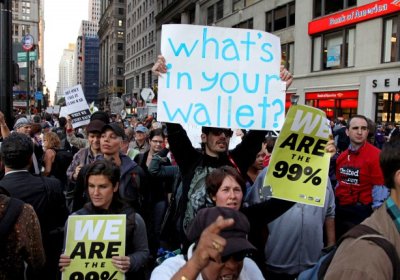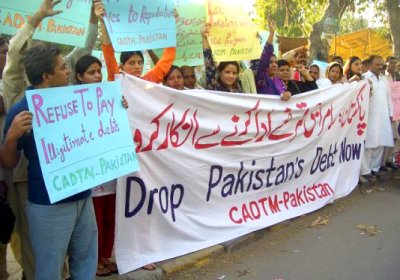Despite winning a majority in Sri Lanka’s parliament, the National Peoples Power government is struggling to gain momentum on the deep structural reforms required to guarantee people’s economic wellbeing, protect the environment and fend off attempts by the far right to capitalise on discontent, writes Janaka Biyanwila.
debt
Cost-of-living pressures and the economy are critical issues in most election campaigns, and they certainly are in this one, argues William Briggs.
In a grim omen for the federal Coalition, South Australian voters threw out the four-year-old Liberal government. SA Labor, led by a former right-wing union official, faces some big challenges. Renfrey Clarke reports.
Labor leader Anthony Albanese’s budget reply speech failed to offer an alternative course to the Coalition government’s gas and arms export-based vision, argues Peter Boyle.
I know exactly where I was on August 9, 2007. It was a hot summer’s day — “debtonation day”.
Bankers all over the world had lost their collective nerve and refused to lend to each other. The globally synchronised financial system froze, and began its descent into sustained failure. It then took more than a year, and Lehman Brothers’ collapse, before the world understood the gravity of the crisis.
Ten years on, that slow-motion crisis, a prolonged period of disinflation, noflation and deflation, is still playing out.
In February the Reserve Bank of Australia (RBA) reduced the cash rate to 2.25%, a rate it then maintained at its March meeting. While there has been a great deal of commentary on this in the mainstream press, especially in the Australian Financial Review, the left press (for lack of a better term) has been stunningly silent.








